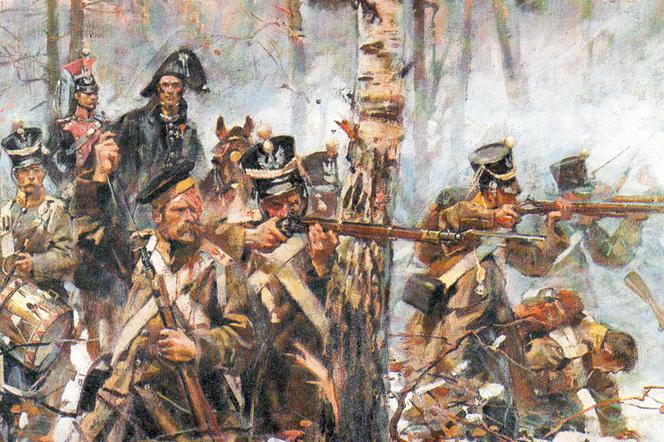 November Uprising
November Uprising
The November Uprising was an uprising of Poles living in the Russian partition against the invaders. Blew up at night with 29 on 30 November 1830. w Warszawie przez atak oficerów ze Szkoły Podchorążych Piechoty na Belweder, the seat of Grand Duke Konstantin, Tsar's governor in the Kingdom of Poland. The uprising broke out on a wave of uprisings and uprisings, do których dochodziło w Europie Zachodniej. Polish officers, led by Piotr Wysocki, they counted, that they would win independence on the wave of independence uprisings, in addition, they opposed plans to use Polish soldiers against the suppression of uprisings in other countries.
The attack on the Belweder Palace did not succeed as planned by the officers. The Grand Duke managed to escape and it seemed, that the conspirators will fail, jednak warszawski lud wspomógł ich i zdobyto Arsenał oraz Warszawę, the prince's troops left the capital.
A provisional government was quickly set up, whom Joachim Lelewel stood. Józef Chłopicki became the dictator of the uprising. During the fighting, he will rise, which later turned into a Polish-Russian war, had a few more leaders: Jan Skrzynecki, Ignacy Prądzyński and Jan Krukowiecki.
In January 1831. The Provisional Government issued a decision to dethrone Nicholas I., as the king of the Kingdom of Poland, which was henceforth to be a constitutional monarchy.
Despite the initial momentum and several battles won, incl. near Olszynka Grochowska, the uprising collapsed. It was mainly the result of ineffective command, political quarrels and failure to rethink reform matters, and the peasant question, as well as the predominance of the invaders' troops and the passive attitude of European countries. After the defeat of the uprising, many Poles decided to move to other countries, the Great Emigration began.






